
The Chairman of the Northern States Governors’ Forum and Governor of Gombe State, Muhammadu Yahaya, on Tuesday, called for collective and decisive action to address the deepening crisis of inequitable access to quality basic education in Northern Nigeria, warning that the future of the region is at stake if bold steps are not taken.
Yahaya made the call while delivering his address as chairman at the 12th Annual Sir Ahmadu Bello Memorial Lecture on Leadership and Good Governance, held in Dutse, Jigawa State.
The event was themed, “Equitable Access to Quality Basic Education in Northern Nigeria: A Time for Real Action.”
This was contained in a statement signed by the Director-General, Press Affairs, Gombe Government House, Ismaila Misilli.
Describing the theme as “timely and reflective of the enduring legacy of the late Sardauna of Sokoto, Sir Ahmadu Bello”, the governor said “education remains the strongest pillar for unity, development and prosperity in Northern Nigeria and the country at large.”
He noted that the lecture came barely days after the nation marked the 60th anniversary of the January 15, 1966 coup, which claimed the lives of Sir Ahmadu Bello, Prime Minister Abubakar Tafawa Balewa and other national leaders.
According to him, the best way to honour their memory is not through lamentation but through purposeful action anchored on good governance and inclusive development.
Yahaya expressed concern over alarming education statistics in the North, noting that Nigeria accounts for over 18 million out-of-school children, with about 70 per cent of them residing in Northern Nigeria.
He added that “literacy rates in some Northern states remain below 30 per cent, while girl-child school attendance, as well as basic literacy and numeracy outcomes, remain disturbingly low.”
The NSGF chairman stressed that education challenges must remain at the top of the agenda of Northern leaders.
He said, “Northern governors have continued to prioritise education through stronger collaboration with the Universal Basic Education Commission, development partners and donor agencies to expand access, improve infrastructure and strengthen teacher capacity.”
He also highlighted the establishment of the Northern Nigeria Security Trust Fund as a critical intervention to address insecurity, which he described as the greatest threat to education in the region.
According to him, the fund is designed to provide sustainable financing for coordinated security efforts to protect schools and learning environments.
Yahaya further disclosed that the Forum, in partnership with the Federal Ministry of Education, has launched initiatives such as the Nigeria Education Forum 2025 and state-level workshops on foundational learning to improve early-grade literacy and numeracy and return millions of children to school.
Speaking on developments in Gombe State, the governor outlined reforms undertaken by his administration, including the declaration of a state of emergency on education, the establishment of a high-level task force for basic education revitalisation, and the rollout of a N13.5 billion School Improvement Grant to upgrade facilities in 442 secondary schools.
He said, “The state has enrolled about 450,000 out-of-school children between 2019 and 2025, expanded access to higher education with the establishment of new university campuses, rebuilt special needs schools, paid scholarships and covered examination fees for secondary school students.”
Yahaya stressed that addressing education challenges in the North must be a shared responsibility involving parents, communities, traditional and religious leaders, the private sector and civil society organisations.
He commended the Sir Ahmadu Bello Memorial Foundation for sustaining the annual lecture series and used the occasion to announce key institutional reforms within the Northern States Governors’ Forum, including the establishment of a strengthened secretariat headed by a full-time Director-General, Mr Ezekiel Gomos, to enhance coordination and ensure a unified Northern voice on development issues.
The governor also congratulated recipients of the 2026 Sir Ahmadu Bello Memorial Awards, describing them as worthy ambassadors of the values of integrity, service and excellence exemplified by the Sardauna.
In his remarks, the Governor of Jigawa State, Umar Namadi, said that despite persistent socioeconomic and security challenges, Northern Nigeria remains resilient in the face of misinformation.
Namadi praised the leadership of the NSGF chairman, particularly the establishment of the Security Trust Fund and reforms to strengthen the Forum, describing them as critical steps towards improved security, unity and sustainable development in the region.
Also speaking, the Chairman of the Board of Trustees of the Sir Ahmadu Bello Memorial Foundation and former Governor of Niger State, Dr Mu’azu Babangida Aliyu, commended Yahaya for repositioning the NSGF secretariat and introducing far-reaching measures to address the region’s socioeconomic challenges.
Vice President Kashim Shettima, who was the Special Guest of Honour at the event, delivered his remarks through the Deputy Chief of Staff to the President, Senator Ibrahim Hassan Hadejia.



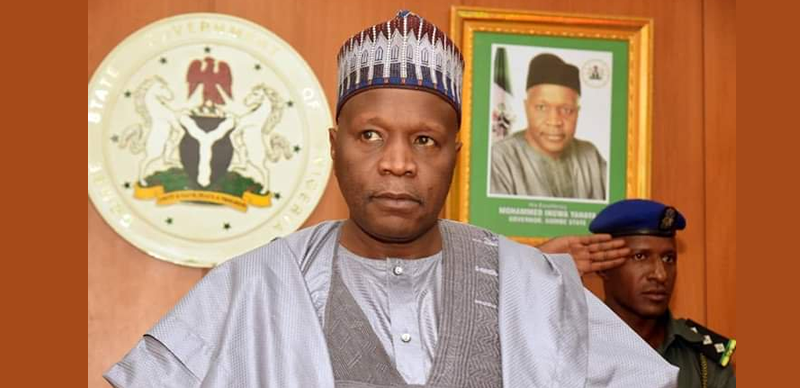
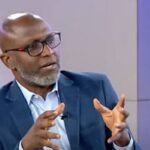
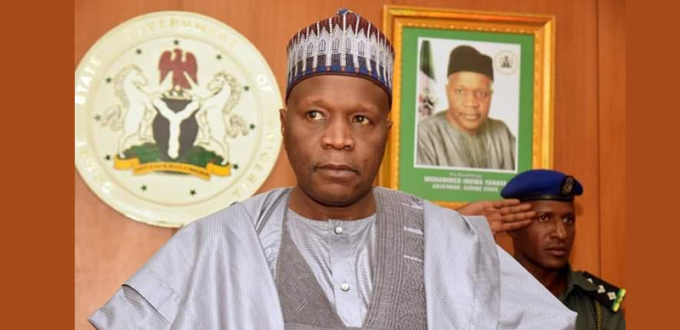

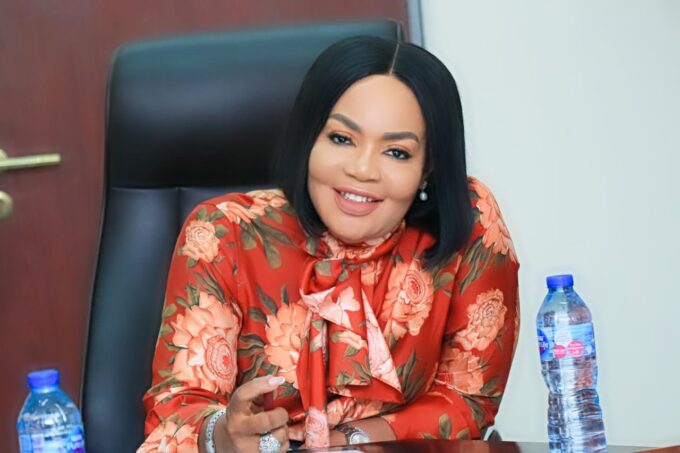
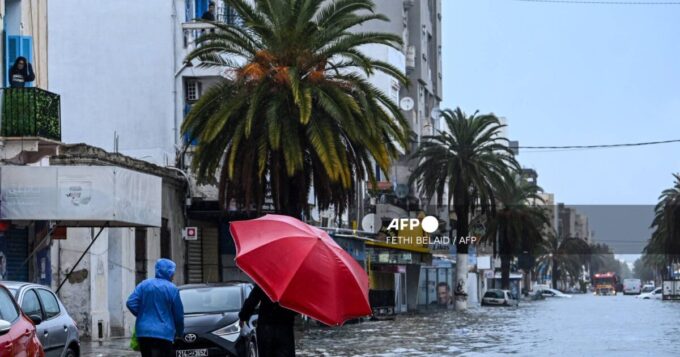






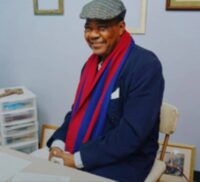
Leave a comment